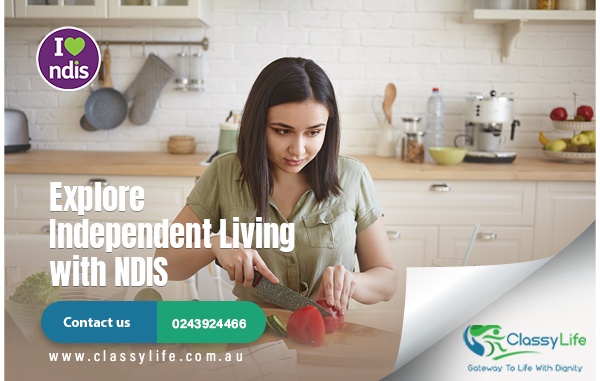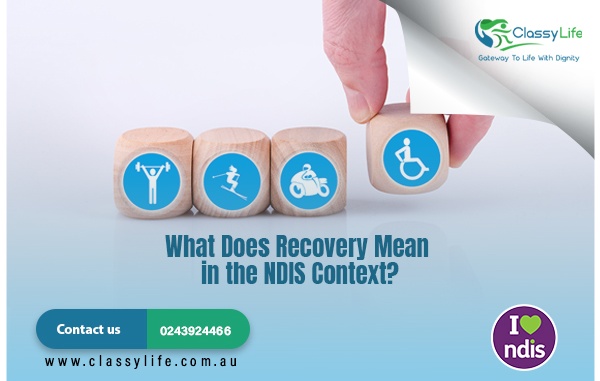Voluntary Out-of-Home Care (VOOHC) plays a pivotal role in providing a crucial safety net for children and young individuals who, due to various reasons, cannot reside with their biological families


Voluntary Out-of-Home Care (VOOHC) plays a pivotal role in providing a crucial safety net for children and young individuals who, due to various reasons, cannot reside with their biological families

The National Disability Insurance Scheme (NDIS) provides funded support and
services to eligible people with disabilities to help them achieve their goals. During the planning conversation, the goals that the participant wishes to pursue will be added to their NDIS plan.

Disability support systems like the NDIS are essential in building an inclusive society. Through the National Disability Insurance Scheme (NDIS), the Australian government provides funding directly to eligible individuals with disabilities which paves the way for them to lead an independent life.

The first and foremost fact we need to understand is that recovery is a unique and personal
experience, which means, it can be defined better by the individual experiencing it. In the NDIS
context, personal recovery is different from clinical recovery and health outcomes.

Challenging behaviours or behaviours of concern are often exhibited by people with severe disabilities as a response to their needs not being met or certain environmental factors.

Adolescence is an important phase in our lives where we go through significant changes in terms of physical, cognitive and mental developments.